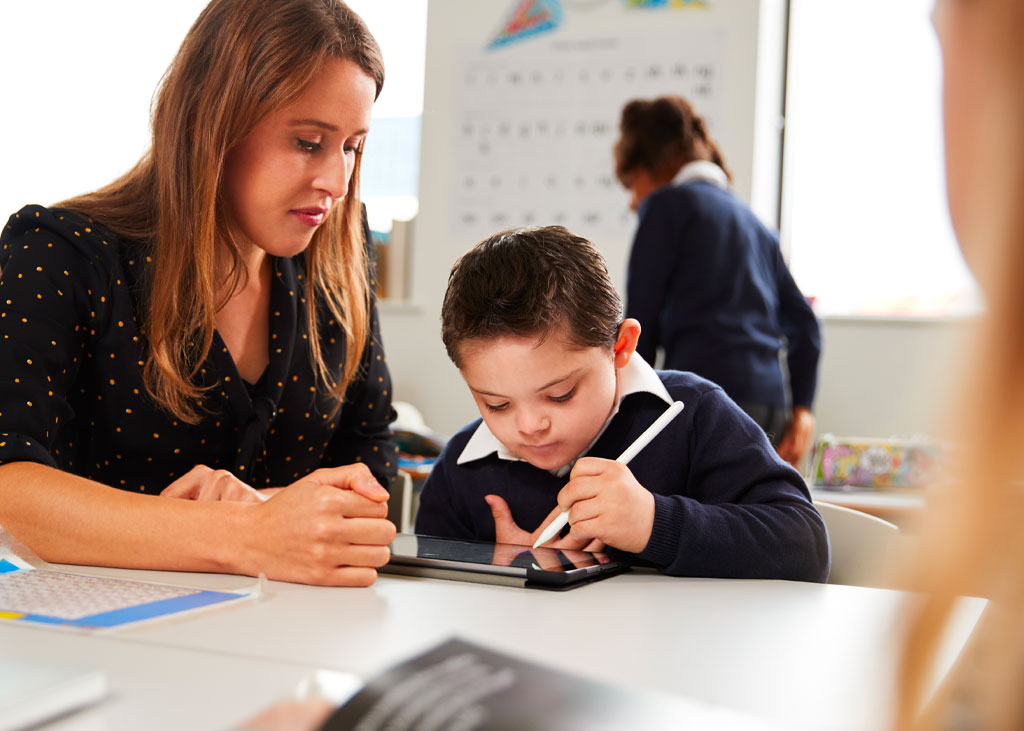With recent government figures revealing that there are over one and a half million pupils in England with Special Educational Needs (SEN), headteachers must ensure that they can provide the right learning environment for those affected. Young people with SEN can be faced with a range of challenges, often impacting their communication, speech and language but also a range of other sensory, social, emotional and mental health difficulties. In this article, we examine the main strategies and techniques that can be used by teachers in mainstream schools to help these pupils.
SEN support in education
Let’s look at some of the most effective tools that can be adopted. For those with speech, language and communication needs (SLCN), colourful semantics, which uses colour coding and patterns, is one such way to help children struggling with word order and sentence structure. Sensory circuits are another method of assisting those pupils who find processing information difficult and typically these consist of a series of physical activities to help with learning by alerting, organising and calming the person. This is a strategy often used for the neurodivergent, such as those with autism or ADHD.
Some students may be anxious in the classroom and need assistance to help them feel more comfortable with social situations. Using descriptive sentences and imagery can significantly put the learner at ease as they won’t be so fazed by particular scenarios. Building brick therapy, which involves working in groups, is another great example of an intervention that can settle nerves and boost confidence, helping pupils adapt to social situations and feel more included. In so doing, it helps children develop critical soft skills such as collaboration, teamwork and communication.
Appealing to the senses
The story massage approach, which uses storytelling and nurturing touches, is particularly effective for those with profound and multiple learning difficulties (PMLD) in dealing with anxiety. Those with SLCN might prefer ‘attention-grabbing’ ideas, where specific keywords are emphasised, to engage and stimulate their senses and therefore boost learning outcomes. Managing emotions is often a challenge for students with special education needs and this is where self-regulation techniques come in to reduce anxiety as well as any frustration or anger that pupils may have in the classroom.
There are a multitude of ways in which teachers can help children and young people with SEN. Among them are sensory stories, which as the name suggests, provide experiences that appeal to the senses such as smell, taste, sight and touch. Often short stories on a particular topic or theme, work well with those who have severe learning difficulties (SLD) and PMLD. To help with language understanding, the blanks levels of questioning (also known as the language of learning model) can also be used to challenge pupils, helping them focus on certain parts of the curriculum.
Other strategies teachers can use include barrier learning, which is done in pairs to develop language and listening skills. But equally, some interventions such as precision teaching, involve one-on-one assistance several times a week to help pupils improve in a particular discipline such as reading, learning or spelling. The workstation approach, which consists of a number of tasks in drawers and boxes which they can move on to consecutively, is especially useful for autistic children who can complete the activity by themselves, fully knowing what it takes to reach the desired result.
Teaching techniques
SEN teaching must however cater for pupils with different needs and their unique disabilities, which is why a differentiated approach is needed. So, which techniques can schools deploy to assist students with the skills they need to master? Well, we’ve already mentioned the importance of the group and here the two main options are mixed ability and ability grouping to encourage social participation and develop social skills. Creating a supportive learning environment in which the pupil is listened to during discussions is also critical to help prepare students for life after school.
Thematic learning is a powerful technique to enhance existing knowledge. Teachers will pick out a particular topic, which is then recurrent across different subjects, whether it be biology, art, history or geography. The beauty of this approach is that it takes real world examples and makes learning more engaging and stimulating depending on a person’s areas of interest. And finally, some words of praise for the amazing work of teachers but also the positive behaviour of their SEN students. Indeed, praise is one of the most effective behaviour management strategies in the teacher’s toolkit.
Looking for supply or permanent SEN teachers? Contact us




